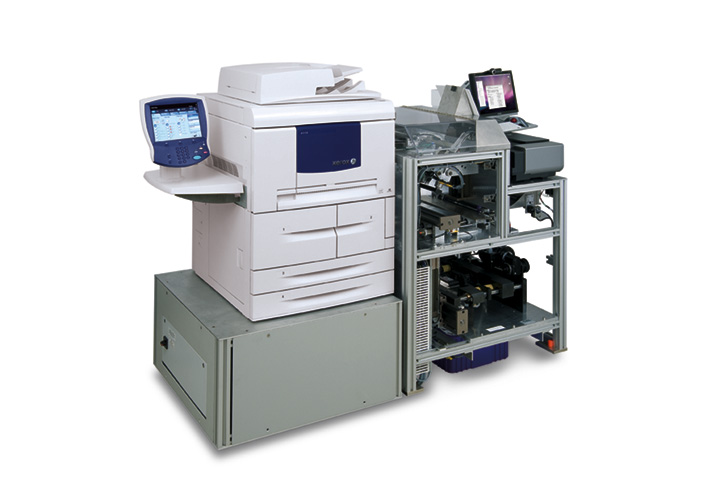 |
| The old Shakespeare & Co. on Broadway (via Yelp) |
One survivor, now under new ownership, that is now on the verge of expanding is Shakespeare & Company. After having shrunk to a single store, its 939 Lexington Avenue space next to Hunter College on the Upper East Side, the holding company that took over the lease for the remaining store and bought its trademark in 2015 now plans to open two new Manhattan stores, one on the Upper West Side at 2020 Broadway (between 69th and 70th Streets), and a new one in the West Village, at 450 6th Avenue, near 11th Street, in what was the old Jefferson Market. Both have planned openings in the fall of 2018. Alongside these new stores, S&Co. also will open a café right outside the Hunter-68th Street 4/5/6 (Green line) train station, at Lexington Ave. and 68th Street. As the press release notes, the UWS store is a homecoming, since the first Shakespeare & Company opened in that neighborhood in 1982 and closed in 1996, but the West Village store will also be a significant return for the bookseller, since its Broadway storefront next to NYU's campus also had a major following up through its closing in 2014. (Other branches, in Brooklyn and on 23rd Street, had also disappeared.)
That branch was one of the first to carry my first book, Annotations, and it also is where I met the Canadian poet, director and intellectual James Oscar Jr., now in Montréal. He worked there, and we used to have long, illuminating conversations about literature, life and everything else. One other significant component of that old Broadway branch was its section featuring British imprints, which it updated and sold at reasonable prices. This is hardly a big deal today, when you can order books from almost everywhere in the world and get them in a reasonable amount of time, but in the mid-to-late 1990s, it was tough to find any bookstores, including most in NYC, that had British versions of US-published books, as well as rare finds that weren't available anywhere else, on the bookshelf. I can think of a number of volumes, including editions of novels by J. G. Ballard, Will Self and Peter Kalu, and several anthologies, that I found there and nowhere else.
In addition to the New York openings, S&Co. plans to open a Philadelphia branch as well, in the Rittenhouse Square area of Center City, at 1632 Walnut Street. This will be the company's first store outside Manhattan. All the stores will have an Espresso Book Machine, which are produced by On Demand Books, a sister subsidiary to Shakespeare & Co. headed by CEO Dane Neller. McNally-Jackson currently has an Espresso Book Machine, which allows visitors not only to print published books on demand, but also self-publish books as well. S&Co. is already experimenting with customizable children's books, and will feature some of the self-published works near the Espresso Book Machines. I've watched books being printed up and have done so once myself at McNally-Jackson, and I find the process and machinery spell-binding. I think it may be a possible way to get Seismosis, now completely sold out and thus out of print, back into readers' hands (at far less than the $50-$100+ it now sells for online.)
One worrisome note is S&Co. CEO Dane Neller's comment that "My vision for Shakespeare & Co. has always been to create the biggest little bookshop in the world." (You can find a longer interview with Publishers Weekly here.) I understand the expansive dreams, but haven't we seen this before, with disastrous results on multiple levels? I immediately think of Barnes & Noble, which became a behemoth and drove many smaller chains and indie stores out of business, only to fall prey itself to an even more massive beast, Amazon, which has undercut bookstores and retailers of all sorts and continues to grow with abandon. Perhaps I'm reading too much into Neller's comments, but I sincerely hope that as the company grows, it takes into account the broader publishing and literary ecology. Jeremiah's Vanishing New York, which covered the closing of the Broadway store, features a brief, positive interview with Neller about the new stores. My fingers are crossed that this will all work out!










